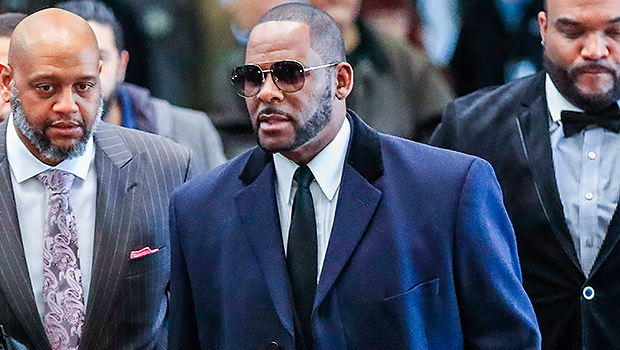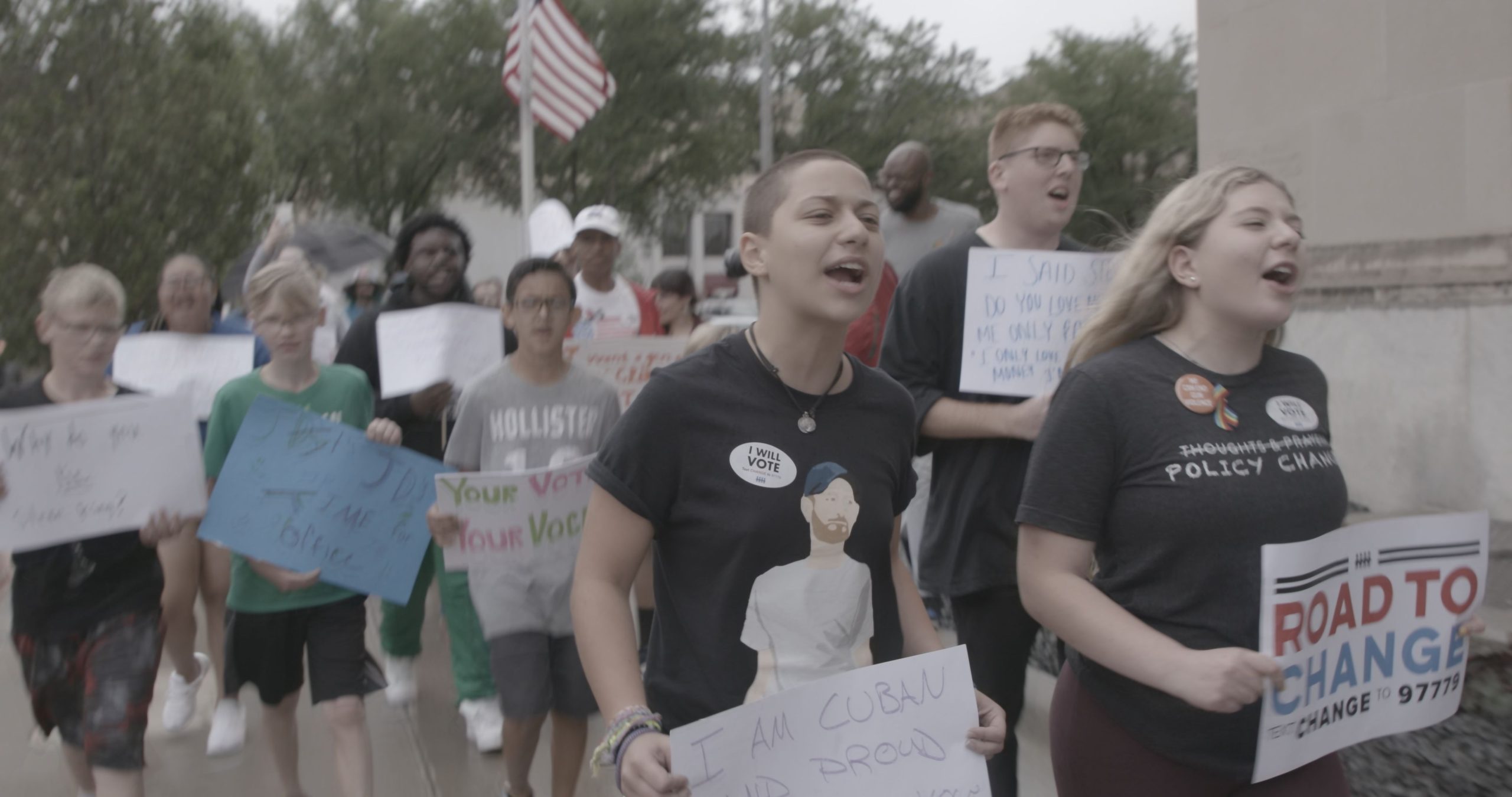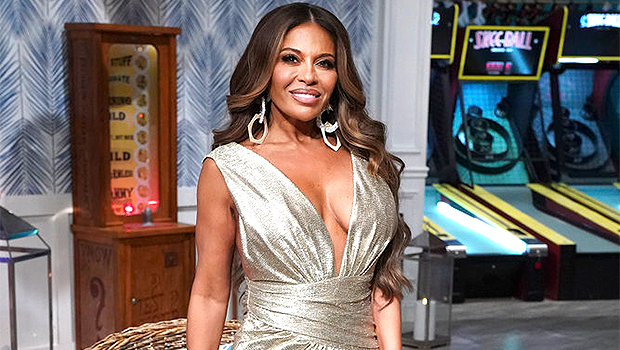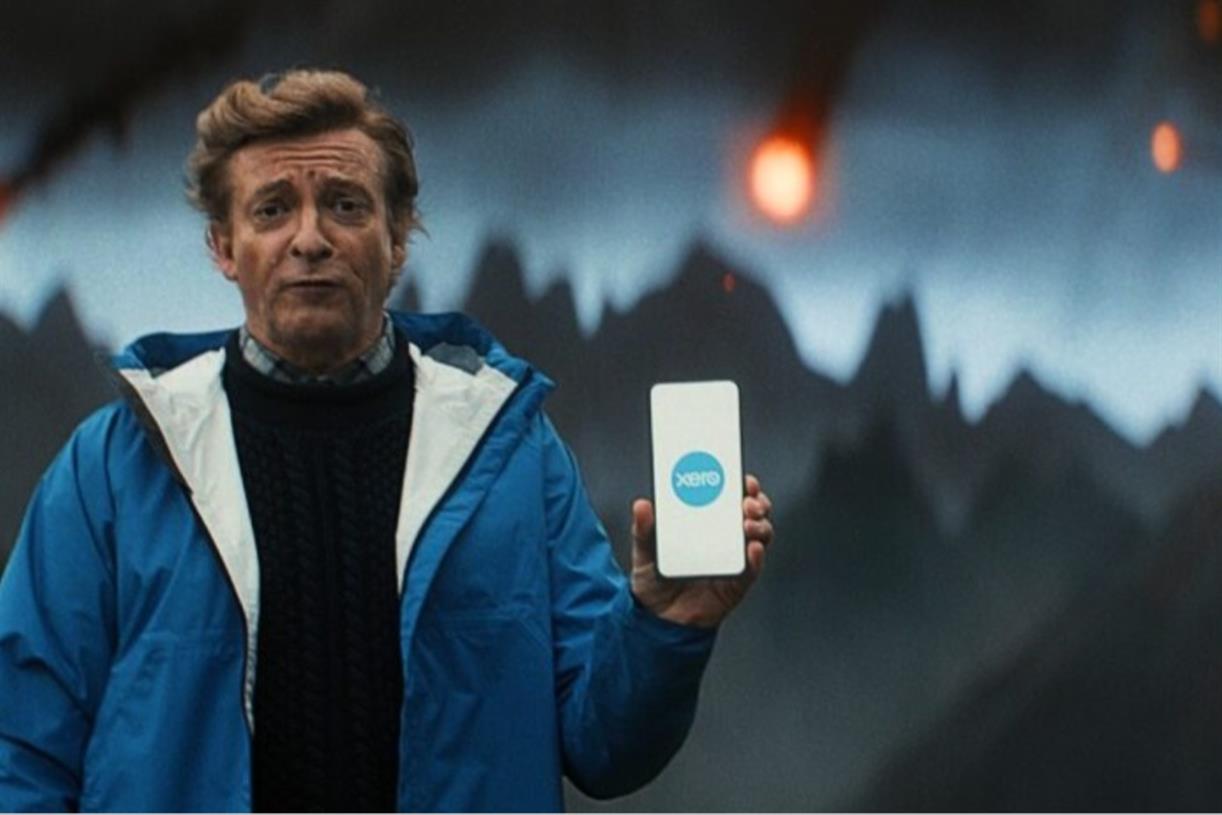Book Excerpt: “Nora Ephron: A Biography”
The following is excerpted from Kristin Marguerite Doidge’s “Nora Ephron: A Biography,” which is available now. Reprinted with permission from the publisher, Chicago Review Press. All roads lead to Nora. I have said this many times over the years...

The following is excerpted from Kristin Marguerite Doidge’s “Nora Ephron: A Biography,” which is available now. Reprinted with permission from the publisher, Chicago Review Press.
All roads lead to Nora.
I have said this many times over the years as I dug into the life and work of Nora Ephron—first as a graduate student, and later as a reporter. When I first came across a quote from Nora’s 1996 Wellesley commencement speech: “Don’t be frightened. You can always change your mind. I know: I’ve had four careers and three husbands,” I wondered: how could this fascinating woman have been the same person who wrote both the scathing novel “Heartburn” and the warm and earnest film “Sleepless in Seattle”?
The answer? As her dear friend and longtime collaborator, Dianne Dreyer said to me, “She would always surprise you.” During the past seven years of working on this book, one way or another, an inevitable connection to Nora would emerge: an actor or actress she’d worked with early on or who’d sought her advice or counsel, a writer she’d mentored, a book or show she’d adapted or had ultimately inspired. (For some recent examples, see such diverse productions as the hit AppleTV+ show “Ted Lasso,” Hulu’s “Only Murders in the Building,” and HBO’s “Succession.”
But one of the most “delicious” things about writing a biography, as Nora might put it, is that you’re still living your own life right alongside the person you’re studying, learning about, and writing about. As you change, and grow and evolve, so too does your understanding of what that person went through in various stages of her life, and how she must have felt when she faced decisions both small and large as a feminist, filmmaker, foodie, writer, sister, daughter, wife, and mother.
I discovered that new sources, stories, and materials would emerge. Details became more clear, and at the same time, somehow more complicated. Embrace the mess and the complications, she’d once said, but also, seek out joy in the simplicity of life’s greatest treasures: good books, good friends, good food. Most of all, find what makes you happy and give it all you’ve got.
What she found in husband Nick Pileggi was a real-life love story, and I think she wanted women (and men) to know that true love is out there. And it’s possible their Sam Baldwin is not a husband, but rather beautiful children who warm the house with their stories, music, or jokes, or sisters who fill your soul with memories and speak a language only you understand.
I was naïve and perhaps ignorant enough to have the blind ambition necessary to take on a task of this magnitude. I approached it with the love, admiration, and critical eye of what communications scholar Henry Jenkins calls an “aca-fan.” And I hope in doing so, I captured in the pages of this book a nuanced portrait of a woman who taught us how to live—who reminded us not to take ourselves too seriously, no matter how many punches life may throw at us.
So why does Nora Ephron still matter? Because she gives us hope.
The intelligent, self-described cynic was the one who helped us see that it’s never too late to go after your dreams, or to change direction in the pursuit of reinvention: she was 32 when she got her first column with Esquire, and she was 50 when she became a film director in an industry and an era that often rewarded youth over talent. Drawn to chef Julia Child’s work as a young woman, she realized she, too, came to be who she was later in life. (Child didn’t publish her book or get her first cooking show until she was 50 as well, and Julie Powell, the blogger who made up the other half of the biopic film “Julie & Julia,” was 30 when she started blogging about Child.)
As the writer Meg Wolitzer so poignantly explained, Nora’s legacy lives on “because in the great rushing loneliness of the world, when a writer’s voice makes you feel befriended, you want more of it even after the person is gone.”
Nora shared the same anxiety about death we all do: she wanted to have a “good death” as much as she wanted to have a good life. She spoke about her friend having organized his file “Exit” on the computer, and how he’d died in his sleep peacefully after living a full life.
She once said that she hoped to die at 84 years old, peacefully in her sleep, “after dinner at L’Ami Louis” in Paris. But Nora didn’t get that chance; at least not at 84 years old—but a full life, yes. As much as Nora had shown us how to live, she also showed us how to die.
“One of the things you discover about parents is that you learn things about them after they die,” her son Jacob said at a 2019 talk called “All About Nora” at the TCM Festival in Los Angeles. “[Things] that you didn’t know about them when they were alive. And that’s both sad and…”
“…And like a gift,” actress and friend Rita Wilson added.
As you rewatch her films, read or reread her essays and articles, and consider her unique point of view, you might find that many, if not all, roads worth taking somehow lead back to Nora.
Nora called on us to make a little trouble on behalf of women; I hope this book will help galvanize us all to be a little braver. And to order more than one dessert.

“Nora Ephron: A Biography” can be purchased here.
Kristin Marguerite Doidge is the author of the new book “Nora Ephron: A Biography,” and an award-winning journalist, professor, and speaker based in Los Angeles. Her writing has been featured in The Atlantic, Marie Claire, FORTUNE, xoJane, Bustle, KCRW/NPR, Time Out Los Angeles, GOOD magazine, ETOnline.com, GIRLBOSS, and the Los Angeles Business Journal. Connect with her on Twitter @KMarguerite_USC.

 Tekef
Tekef 
































